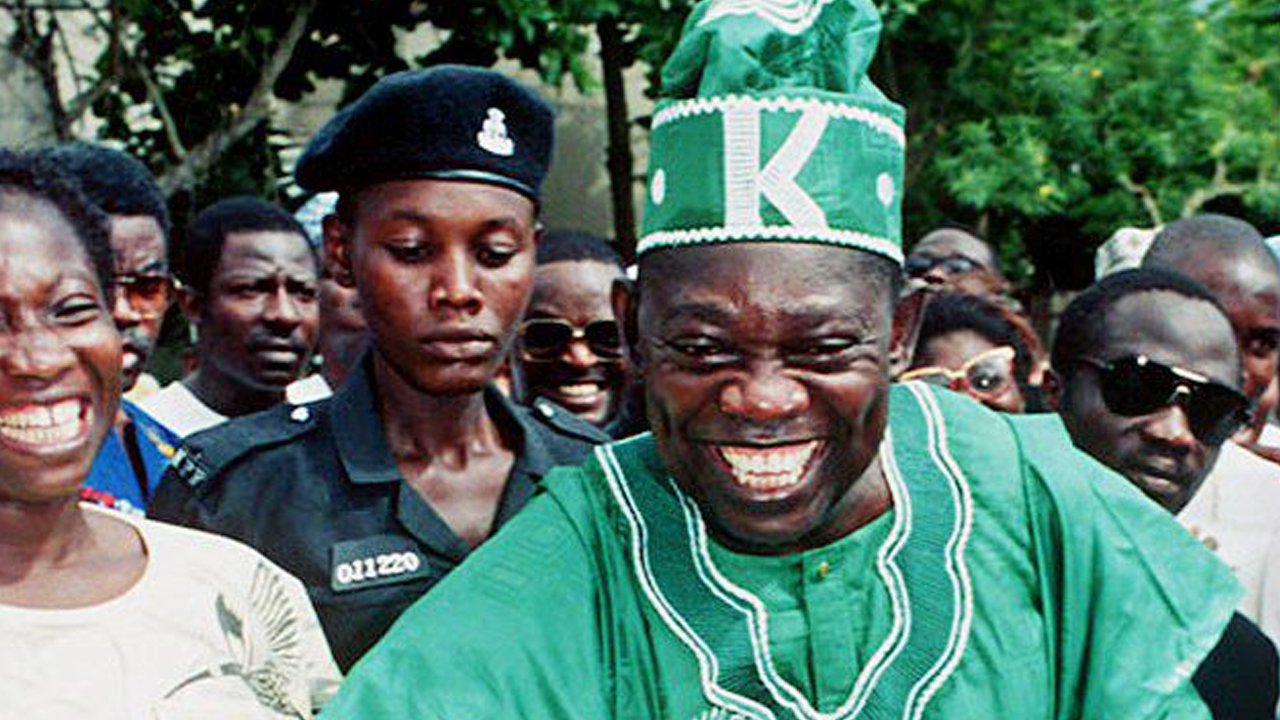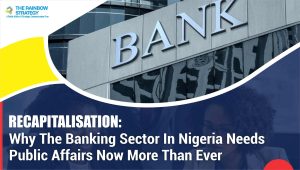June 12, 1993, stands as a monumental date in Nigeria’s history, symbolising the nation’s unyielding pursuit of democracy. On this day, Nigerians participated in what is widely regarded as the country’s freest and fairest presidential election, electing Chief Moshood Kashimawo Olawale (MKO) Abiola with over 8 million votes across 19 states. The election was a testament to the power of unity and democratic aspiration, yet its annulment by General Ibrahim Babangida sparked a struggle that continues to resonate. As Nigeria celebrates Democracy Day in 2025, we reflect on the significance of June 12 and its relevance to the democratic challenges under President Bola Tinubu.
The 1993 Presidential Election: A Democratic Milestone
The presidential election of June 12, 1993, was a landmark event in Nigeria’s political history. With a remarkable voter turnout, Nigerians from diverse ethnic, religious, and regional backgrounds cast their ballots in a peaceful and credible process, free from the fraud and violence that had plagued previous elections (Nigerian Finder). Chief MKO Abiola of the Social Democratic Party (SDP) emerged victorious, securing nearly 60% of the votes against Bashir Tofa of the National Republican Convention (NRC). This election was a beacon of hope, demonstrating Nigeria’s potential for democratic governance. However, the military regime’s annulment of the results on June 21, 1993, shattered this hope, setting the stage for a prolonged struggle.
Symbol of Unity: Transcending Divides
The 1993 election was more than a political exercise; it was a powerful symbol of national unity. Abiola, a Yoruba Muslim from the South-West, chose Baba Gana Kingibe, a Kanuri Muslim from the North-East, as his running mate, creating a ticket that bridged regional and religious divides. This choice resonated deeply, as millions of Nigerians voted for a shared vision of progress, setting aside ethnic and religious differences. The election’s success in fostering unity remains a lesson for Nigeria’s diverse society, where divisions often challenge national cohesion.
Struggle for Democracy: A Nation’s Resolve
The annulment of the June 12 election ignited widespread protests and civil unrest across Nigeria. Citizens from all walks of life took to the streets, demanding the recognition of their democratic choice. This period of resistance became a defining moment, showcasing the Nigerian people’s commitment to democracy and accountability. The struggle highlighted the power of collective action and set the stage for the eventual return to democratic rule in 1999, underscoring the importance of citizen engagement in safeguarding democracy.
The Role of Chief MKO Abiola: A Symbol of Resistance

Chief MKO Abiola emerged as the face of Nigeria’s democratic struggle. His refusal to concede to military oppression and his subsequent imprisonment made him a symbol of resistance. Abiola’s death in custody on July 7, 1998, further galvanised the nation, fueling the resolve to restore democracy. His legacy continues to inspire Nigerians to demand accountable governance and protect their democratic rights, serving as a reminder of the sacrifices made for freedom.
Democracy’s Restoration and Democracy Day
After years of military rule, Nigeria returned to democracy on May 29, 1999. However, it was not until June 6, 2018, under President Muhammadu Buhari, that June 12 was officially declared Democracy Day, replacing May 29. This decision honoured the significance of the 1993 election and the sacrifices made during the struggle for democracy. June 12 now serves as a national reminder of the importance of protecting democratic institutions and values.
President Tinubu and Nigeria’s Democratic Journey
As Nigeria commemorates Democracy Day in 2025, the nation faces significant democratic challenges under President Bola Tinubu, who assumed office in 2023. While progress has been made since 1999, concerns about the health of Nigeria’s democracy persist, especially in the face of criticisms of some key issues and specific actions by the ruling APC.
Human Rights and Rule of Law
Amnesty International and other NGOs have reported that the Tinubu administration has failed to ensure respect for human rights and the rule of law, particularly in addressing widespread human rights violations. This raises questions about the government’s commitment to democratic principles, which are foundational to protecting citizens’ rights.
Electoral Integrity
The 2023 presidential election, which saw Tinubu declared the winner, was marred by controversy. Opposition parties alleged fraud and violence, citing long lines, delays, and logistical failures that eroded voter trust. International observers, including a delegation led by former Malawian President Joyce Banda, noted issues with ballot count transparency. The low voter turnout of 27% reflects mass disenchantment with the electoral process.
In the broader context, Tinubu’s administration faces additional challenges, including economic crises, insecurity, and corruption, which further strain democratic governance. These issues echo the conditions that led to the June 12 struggle, underscoring the need for accountability and transparency.
Lessons from June 12 for Today’s Nigeria
The lessons of June 12, 1993—unity, resilience, and the demand for accountability are profoundly relevant today. The election’s unity across divides offers a model for addressing Nigeria’s current ethnic and religious tensions. The struggle that followed the annulment reminds us that democracy requires active citizen participation and vigilance.
To strengthen Nigeria’s democracy, stakeholders must ensure transparent and credible electoral processes, uphold the rule of law and protect human rights, foster inclusive governance that bridges regional and ethnic divides and encourage public engagement to hold leaders accountable.
In conclusion June 12, 1993, remains a beacon of hope for Nigeria’s democratic journey. It reminds us of the power of unity and the sacrifices made to secure democratic governance. As we face current challenges under President Tinubu, we must draw on the lessons of June 12 to strengthen democratic institutions. By recommitting to the principles of transparency, accountability, and unity, Nigeria can honour the legacy of June 12 and build a more just and prosperous future.
At The Rainbow Strategy, we understand the critical role of public affairs and strategic communication in navigating these challenges. By fostering dialogue, engaging stakeholders, and advocating for policies that uphold democratic values, we help organisations contribute to a stronger democratic Nigeria. Our expertise in strategic communication enables us to craft messages that resonate with diverse audiences, promoting unity and accountability.




